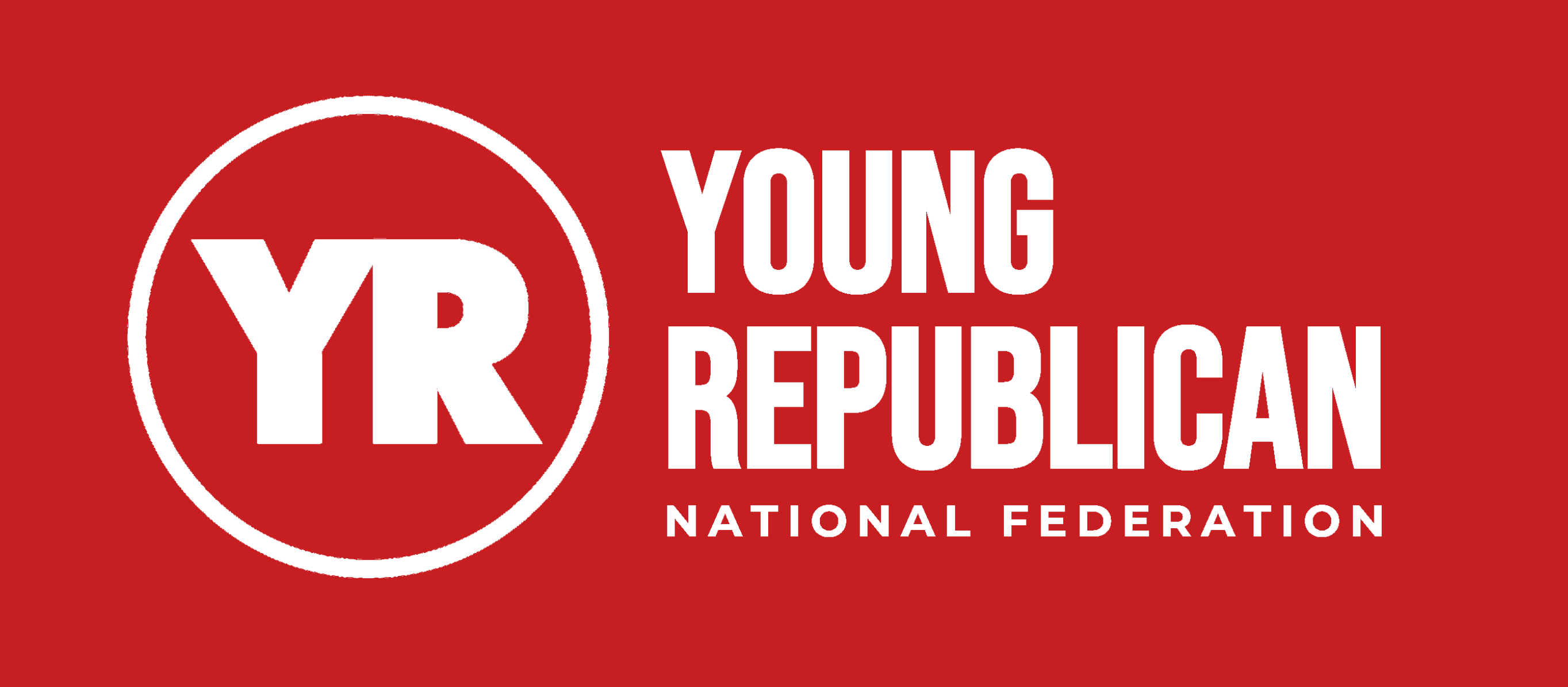No, Seriously, Does America Have a Nazi Problem?
October 23, 2025 · Greyson Tighe
Stopped.
The question used to sound alarmist. It doesn't anymore. Across the country, overt neo-Nazism is resurfacing in rallies, memes, and politics—and Americans are finally beginning to see it. That visibility reached a new peak in October, when Politico published nearly 2,900 pages of leaked Telegram messages from a private Young Republicans chat spanning seven months of racism, antisemitism, and violent fantasy among the party's next generation of activists and staffers. [1]POLITICO, Oct 14, 2025: Primary report on the 2,900-page leak.
Politico hadn't been searching for this story. Reporters following a dispute and financial mismanagement within the organization were handed an export from a channel called Restore YR War Room. What they opened wasn't campaign strategy—it was vitriol. Before publishing, they verified identities and roles through public records and state-chapter directories, confirming that many participants were campaign operatives, chapter officers, or, in at least one case, elected officials. Subsequent reporting by other outlets corroborated Politico's findings and traced the conversation from January through August 2025. [2]Kansas Reflector, Oct 14, 2025: Confirms RESTORE YR WAR ROOM export; Kansas YRs deactivated.
The content defies euphemism. The logs contain hundreds of racial and homophobic slurs, explicit praise for Adolf Hitler, Holocaust "jokes," and discussions of rape and political violence. Politico counted more than 250 slurs across the cache. In one message, a participant wrote, "I love Hitler." In another, a chapter official joked that those who voted against his bid for Young Republicans National Federation chair should be sent "to the gas chamber." The fantasies didn't stop at Democrats or the left; many of the imagined victims were fellow Republicans, punished in jest for disloyalty or ideological impurity. The language of genocide shared space with logistical chatter about conventions and fundraising—as if this were just part of the workday. It mirrors the same normalization cycle we documented spilling into public—gestures, stages, and feeds sliding from “edgy” into everyday. See: Does America Have a Nazi Problem?
The Young Republicans National Federation allows members aged 18 to 40, but the participants exposed in the logs skewed older: most were between 24 and 35 years old, according to public records and news reporting. Some were students, but others were seasoned adults—Kansas vice-chair William Hendrix, Vermont state senator Sam Douglass, and several chapter officials whose careers already intersected with mainstream politics. These were not anonymous provocateurs testing boundaries on fringe forums; they were officeholders and party organizers. This was not rebellion. It was apprenticeship. [3]Vermont Public, Oct 14, 2025: Gov. Phil Scott, GOP leaders urge Sen. Samuel Douglass to resign.
When Politico's story broke, condemnation arrived fast and near-unanimous. The national Young Republicans board called the messages "indefensible" and demanded resignations. The Kansas Young Republicans were formally deactivated. Vermont Republicans, including Governor Phil Scott, urged Douglass to step down. Across the spectrum—Democrats, independents, and many Republicans—commentators called it shameful and dangerous. For a brief moment, it seemed as if moral consensus had returned. [4]PBS NewsHour, Oct 17, 2025: Bipartisan condemnation roundup.
Then Vice President J.D. Vance spoke up.
He brushed the leak aside as "edgy, offensive jokes," the sort of thing "kids do," and told critics to "grow up." The problem was that the people behind those messages weren't kids. They were grown adults holding positions of trust, joking about rape and genocide while praising a man who declared war on the United States. And Vance wasn't a bystander—he's the vice president of an administration that claims to oppose political violence and extremism. His reaction didn't merely miss the moment; it redefined the standard, suggesting that open fascism was an issue of tone, not morality. That indulgence is the same permission structure we mapped—where leadership reframes coercion and menace as acceptable politics. The GOP and Domestic Terrorism, in Practice [5]Washington Examiner, Oct 16, 2025: Vance dismisses the texts, shifts focus to Virginia AG race. [6]Washington Times, Oct 15, 2025: Vance: “kids do stupid things”… “edgy, offensive jokes.” [7]National Review (The Corner), Oct 16, 2025: Right-of-center critique quoting Vance and noting ages 24–35.
What Vance signaled was that ideology is negotiable and outrage is childish—that extremism is tolerable when it's politically convenient. In a party that still brands itself as the guardian of law and order, he argued, in effect, that some lessons never need to be learned.
The fallout produced resignations, firings, and a week of headlines. What lingers is the deeper wound: the normalization of moral collapse. When a vice president treats a neo-Nazi scandal as a public-relations hiccup, he teaches everyone watching that the problem isn't the hate itself—it's being caught showing it. If almost three thousand pages of verified fascist rhetoric can be waved off as youthful stupidity, the question isn't whether America has a Nazi problem. It's whether anyone in power plans to fix it.
📬 Support Independent Journalism
Have our free newsletter delivered straight to your inbox!

Comments